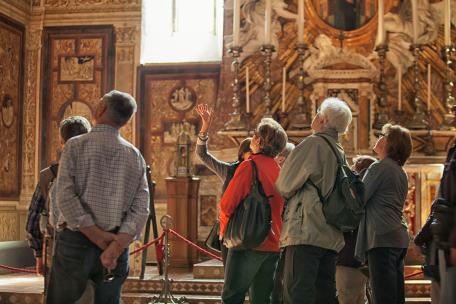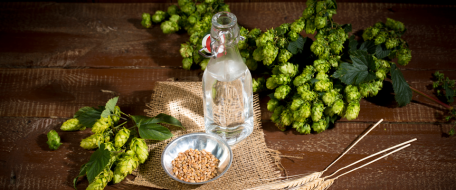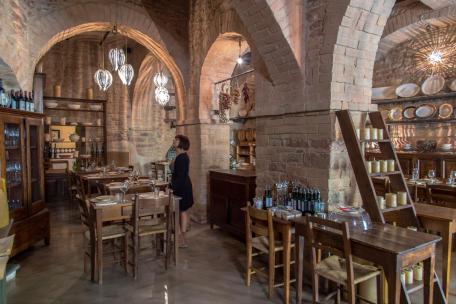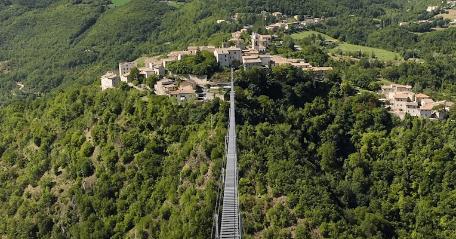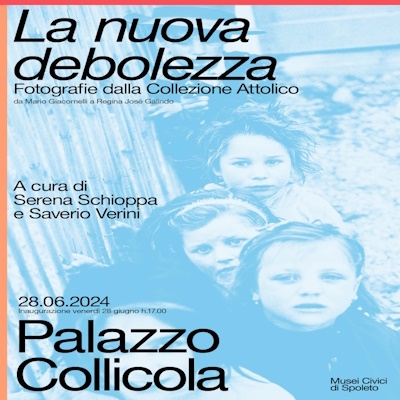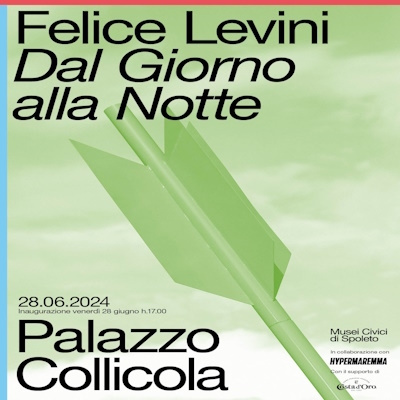The itinerary we suggest today ticks all the boxes. By following our recommendations, you will be able to fully enjoy the beauty of Umbria between nature, sport, and of course good food. If you have a free weekend, you can start with a bang in Orvieto, a reference point for the production of excellent olive oil and quality wine. You absolutely cannot miss the Enoteca Regionale (the regional wine association) where you will be able to get to know the techniques by which the precious nectar is produced.
Orvieto is also a cultural gem. The Duomo, with its magnificent facade and the stupendous frescoes within, definitely deserves a visit, as do the subterranean city, the Pozzo di San Patrizio, and the Necropoli del Crocifisso del Tufo.
Dive into sports on the second day, as we head towards Lake Corbara. This is a real heaven for sports lovers: have fun here kayaking, canyoning, sport fishing, orienteering, and horse-back trekking.
If you still want more, we recommend a visit to Todi as your last stop. The town's inhabitants are fond of calling it ‘the more than ideal city'. It is located atop a hill not far from the valley of the Tiber River. Its centre is enclosed behind walls dating back from Etruscan, Roman, and Medieval times. The treasures to be found within include the Palazzo Comunale, the Palazzo del Popolo, the Museo Lapidario, the Pinacoteca Civica, and, lastly, the Duomo, erected over the remains of a building dedicated to the god Apollo.
Having finished this itinerary, it's time to satisfy your hunger. Local specialties naturally include delicacies such as pan caciato, a round bread baked with nuts, cheese, and raisins; roast wild pigeon alla ghiotta; spit-roasted pigeons. Accompanying these delicious dishes you will find a bottle of Grechetto DOC, a typical fruity white wine which was beloved even by Pliny the Elder.










